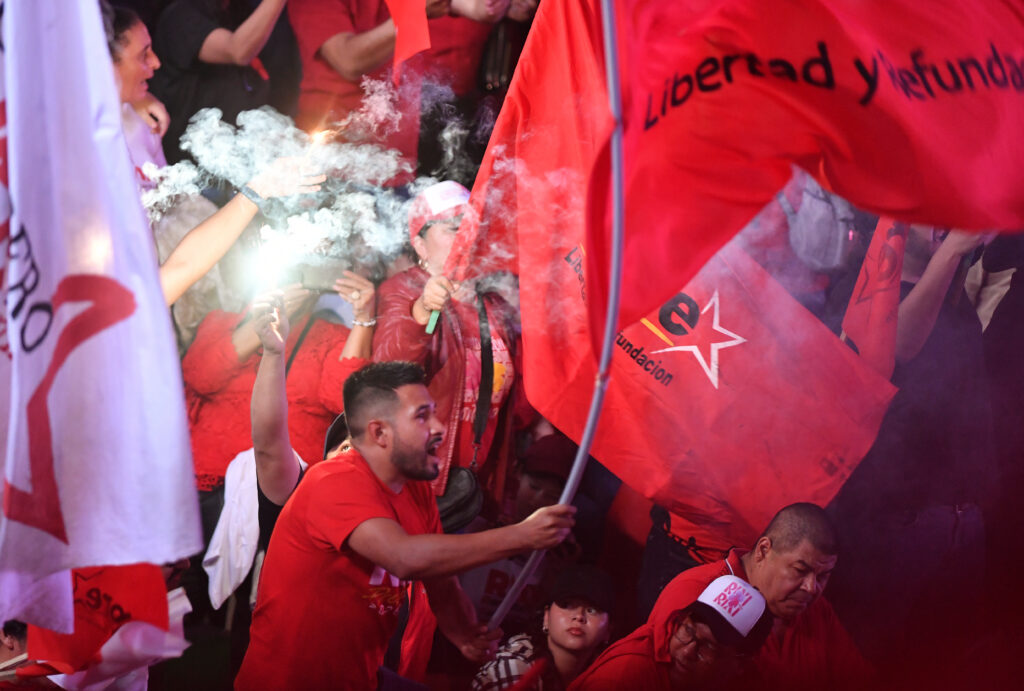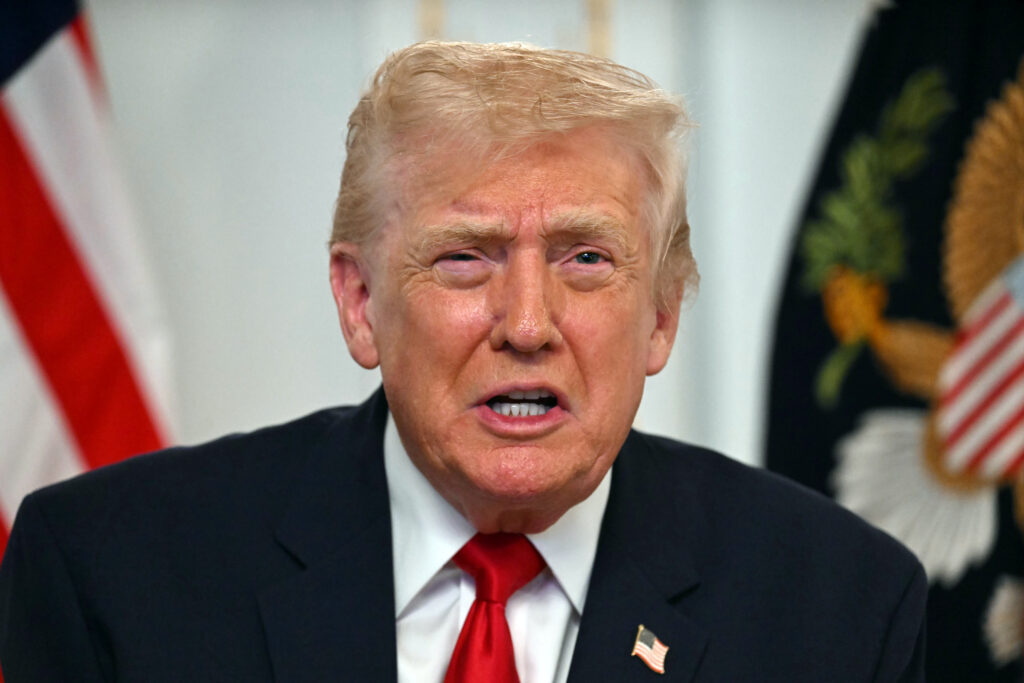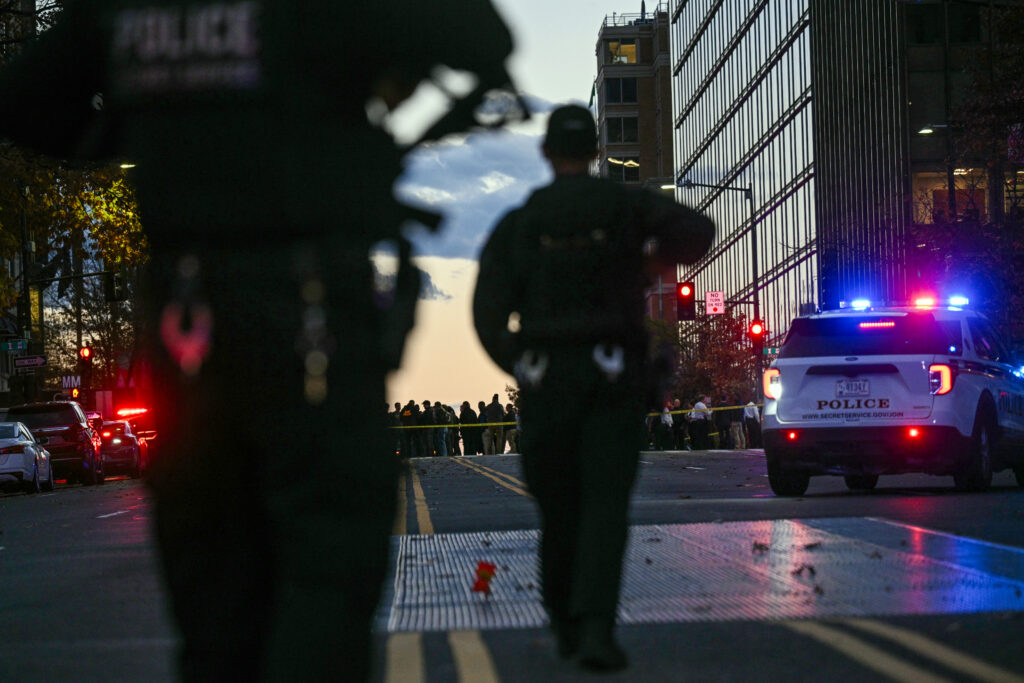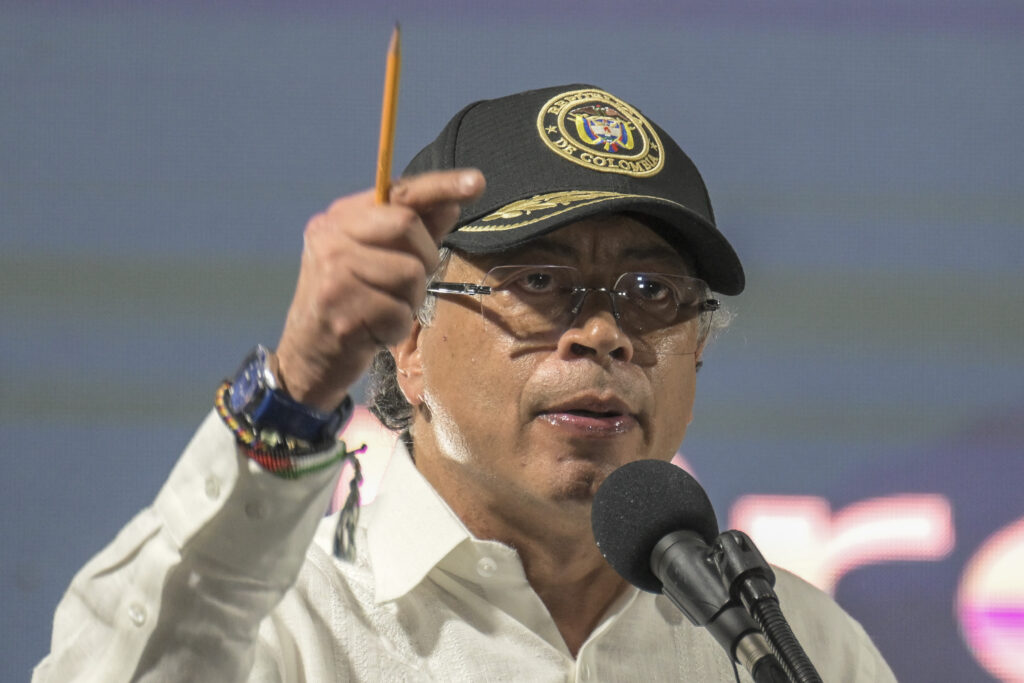Trump threats dominate as Hondurans vote for president
Hondurans began voting for president on Sunday amid threats by US President Donald Trump to cut aid to the country if his preferred candidate loses.Honduras could be the next country in Latin America, after Argentina and Bolivia, to swing right after years of leftist rule.Polls show three candidates neck-and-neck in the race to succeed leftist President Xiomara Castro, whose husband, Manuel Zelaya, also led the country before being toppled in a 2009 coup.Trump’s favorite is 67-year-old Nasry “Tito” Asfura of the right-wing National Party.His main challengers are 60-year-old lawyer Rixi Moncada from the ruling Libre party and 72-year-old TV host Salvador Nasralla of the Liberal Party.Polls opened at 7:00 am (1300 GMT) for 10 hours of voting, with the first results expected late Sunday.Trump has conditioned continued US support for one of Latin America’s poorest countries on Asfura winning.”If he (Asfura) doesn’t win, the United States will not be throwing good money after bad,” he wrote Friday on his Truth Social platform, echoing threats he made in support of Argentine President Javier Milei’s party in that country’s recent midterms.In a stunning move on Friday, he also announced he would pardon former Honduran president Juan Orlando Hernandez, of the National Party, who is serving a 45-year prison sentence in the United States for cocaine trafficking and other charges.Some Hondurans have welcomed Trump’s interventionism, saying they hope it might mean Honduran migrants will be allowed remain in the United States.But others have rejected his meddling in the vote.Nearly 30,000 Honduran migrants have been deported from the United States since Trump returned to office in January.The clampdown has dealt a severe blow to the country of 11 million people, where remittances represented 27 percent of GDP last year.- Fears of election fraud -Moncada has portrayed the election as a choice between a “coup-plotting oligarchy” — a reference to the right’s backing of the 2009 military ouster of Zelaya — and democratic socialism.Moncada has held ministerial portfolios under both Zelaya and Castro.Nasralla also served in Castro’s government but fell out with the ruling party and has since shifted to the right. Asfura was a building entrepreneur before being elected mayor of the capital, Tegucigalpa, where he served two terms.Preemptive accusations of election fraud, made both by the ruling party and opposition, have sown mistrust in the vote and sparked fears of post-election unrest.The president of the National Electoral Council, Ana Paola Hall, warned all parties “not to fan the flames of confrontation or violence” at the start of the single-round elections, in which Hondurans are also picking members of the unicameral Congress and local mayors.- ‘Narco state’ president pardoned -Asfura has distanced himself from his party’s figurehead, Hernandez, who was imprisoned in the United States last year after being convicted of turning Honduras into a “narco state” while president between 2014 and 2022.”I have no ties (with Hernandez)…the party is not responsible for his personal actions,” Asfura told AFP on Friday.Long a transit point for cocaine exported from Colombia to the United States, Honduras is now also a producer of the drug.Despite making narco-traffickers the target of a major military build-up in the Caribbean, Trump on Friday took Hernandez’s defense.Announcing his decision to pardon the former president, Trump claimed the Honduran “has been, according to many people that I greatly respect, treated very harshly and unfairly,” without elaborating.








